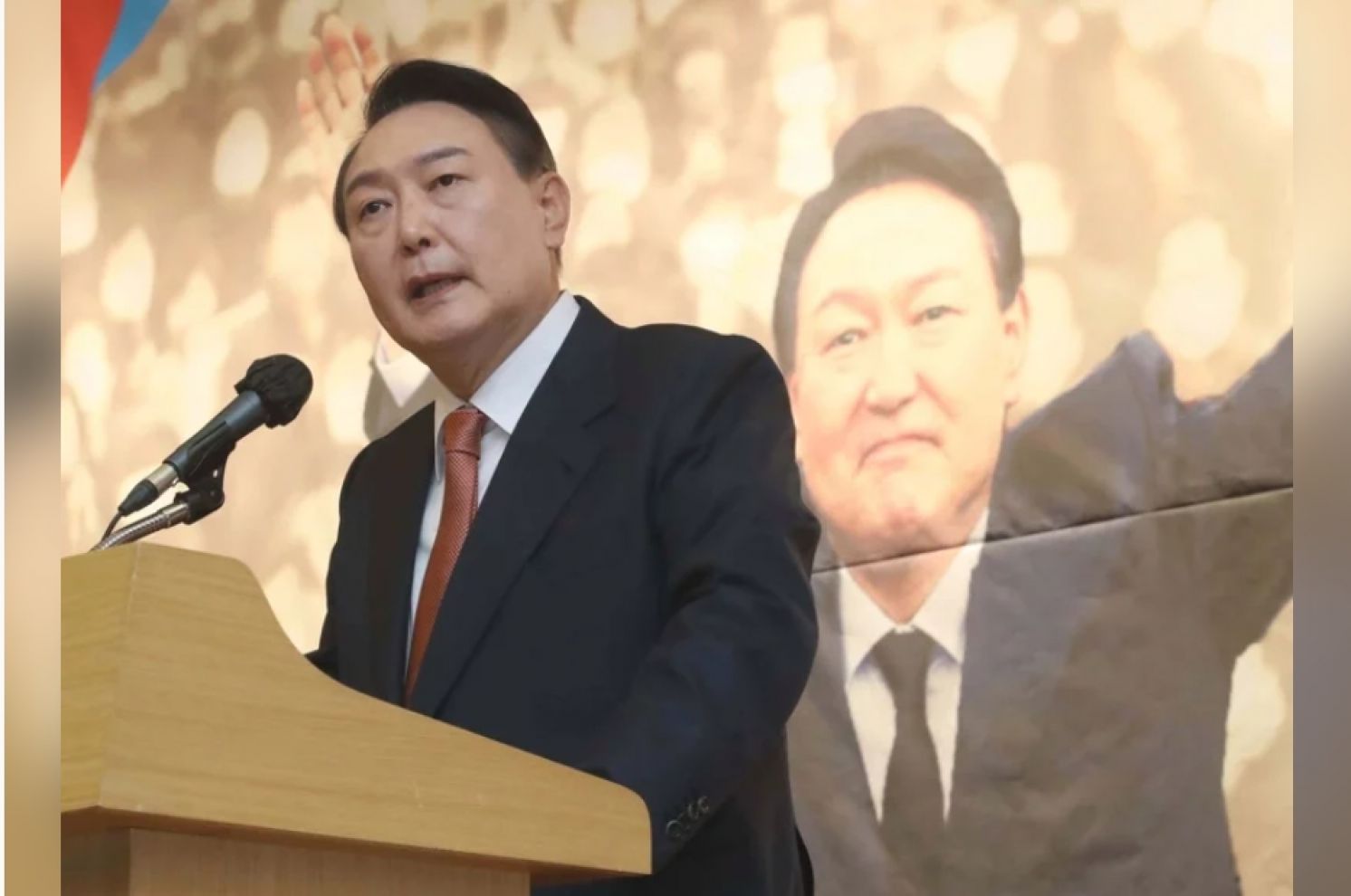
Conservative Comeback in Korea:Lessons for Taiwan
By Dennis Weng
United Daily News, March 13, 2022
In the most competitive presidential election in Korean history, conservative Yoon Suk-yeol won by less than one percent, setting a record for a political neophyte to win the presidency for the first time.
Five years ago, conservative President Park Geun-hye was impeached and sent to prison — a development which made conservatives wonder when they would be returned to government. Five years later, South Korean voters gave the conservatives a second chance. How did the opposition camp in South Korea manage such a comeback? Is it possible for Taiwan to learn from this experience?
In the last presidential election, progressive Moon Jae-in won the presidency by a margin of more than 20 percent. In the past five years, his administration was hardly disappointing. Indeed, the government's performance in preventing the epidemic in the early stages of the outbreak was well received both domestically and abroad. As a result, the progressives won a big jump in the number of seats in the National Assembly in the 2020 elections and became the full ruling party with more than half of the seats. However, as concern around the epidemic declined, voters re-examined livelihood and economic issues such as high housing prices and wealth inequality: leaving the younger generation disappointed with the progressives. According to Gallup poll, during the parliamentary election, the gap between the two parties was more than 30 percent; however, one year later, in the mayor's by-election, the support of the two parties showed a golden cross, and the advantage of being the ruling party completely disappeared.
The conservative turnaround was due not only to the general dissatisfaction with ruling party, but the opposition camp’s realization that they needed to move quickly to change voter impressions. After the Seoul and Busan mayoral by-elections, the conservative camp moved quickly to the center. The first move was to set aside its partisan stance and bring in non-partisan chief prosecutor Yoon, who headed up judicial prosecution against the two former presidents Park Geun-hye and Lee Myung-bak—creating a renewed image based on honesty and anti-corruption. The difference between Yoon and traditional conservative politicians is that conservative voters still have expectations for change. On the eve of the election, the conservative elder returned to the team and joined the integration with the middle-of-the-road Ahn Cheol-soo, and finally succeeded in gathering the opposition forces.
From the results, the successful integration of the opposition proves that the conservatives' strategy of not sticking to a fixed position was a success. After all, in today's electoral democracy, what political parties win is not only political office but the public discourse. From the selection of candidates to the election strategy, the People’s Power Party did not emphasize traditional political values, allowing Yoon, who had little connection with conservatives, to use his image to attract middle-of-the-road voters. It may be seen as a loss of party values in the eyes of traditional conservative politicians, but the conservatives can lead the direction of South Korea in the next five years, and Yoon may not have been able to take the top job without the help of conservative politicians. In other words, Yoon's election is far more impactful on the politics and future of South Korea. Yoon, who is not liked by traditional conservate heavyweights, can bring a new life to the party more meaningfully than if a conservative politican had served as the face of the opposition.
Traditional conservative voters may not like Yoon, but they probably will not reject the political direction and cabinet arrangement of the Yoon administration. Of course, political parties must have ideas and core values, but the most realistic problem is that if they do not win the election, the so-called values and ideas are just heartache. Whether or not there is a chance for another party rotation in Taiwan, and whether or not all political parties can be made humbler, will be a test of whether or not politicians really understand that political parties must think differently in elections and when in power!
The author is associate professor of political science at the Sam Houston State University.